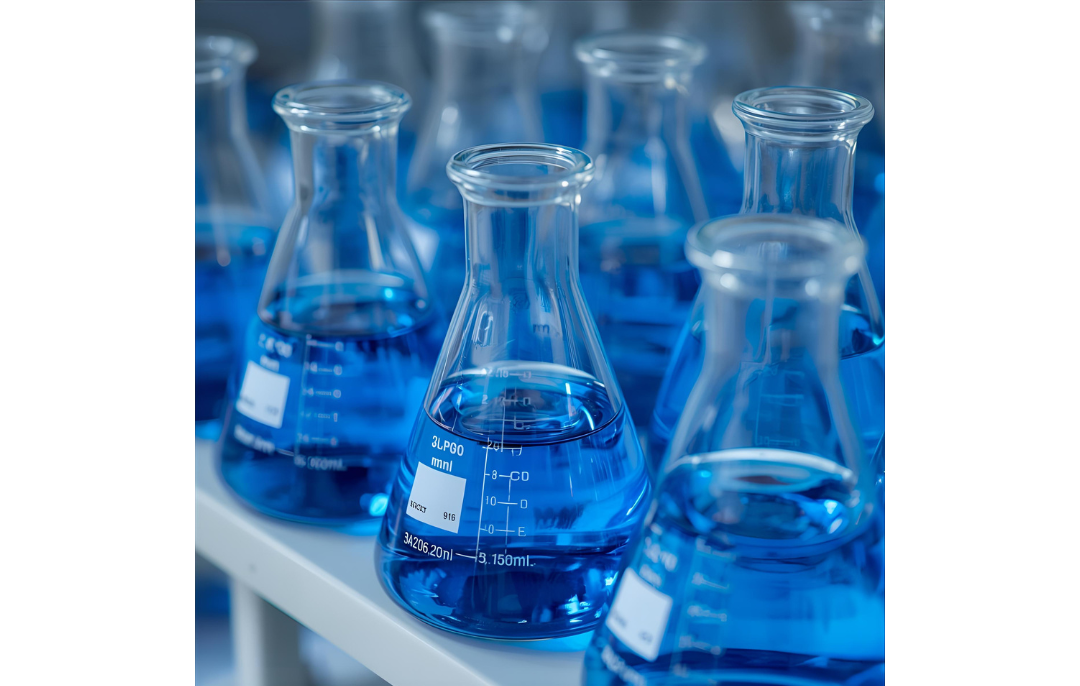
Processing 250 mL samples presents a unique challenge for laboratories that require both substantial volume handling and high analytical precision. Unlike small-volume microplate systems or large-scale bulk processors, 250 mL workflows demand instruments that balance throughput, solvent recovery, temperature control, and automation. Parallel evaporation solutions enable simultaneous handling of multiple mid-to-large samples, boosting productivity and consistency while meeting stringent regulatory and sustainability goals. Selecting the right equipment hinges on aligning capacity and control features with specific applications, whether routine environmental extractions, solvent-sensitive research methods, or high-volume quality-control protocols.
When limiting the selection to instruments specifically capable of handling samples of 250 mL, the available options become more focused on systems designed for larger-volume processing. These instruments generally fall into specialized categories optimized for this specific volume range.
Primary Options for 250 mL Samples
Organomation S-EVAP Series offers the most direct match for this volume requirement. The S-EVAP-RB 10 Position 250ml handles exactly 10 samples at once with a capacity of up to 250 mL at each position. The S-EVAP-KD 10 Position 250ml provides the same capacity with Kuderna-Danish flask compatibility. Both systems operate with bath temperatures from 30°C to 100°C and can recover up to 97% of starting solvent volume.
Büchi Syncore Polyvap 6 Place accommodates 6 samples of 250 mL each with temperature control from 20-100°C and programmable rotation speeds of 60-400 rpm. This system provides automatic end-point detection and vacuum compatibility, making it suitable for more demanding applications requiring precise control.
Vacuum Concentrator Solutions
Thermo Scientific Savant SpeedVac SPD300DDA represents a large-capacity option that accommodates 250 mL flasks among various sample formats. This system features 4 IR heat lamps and PTFE-coated chamber and tubing for handling aggressive solvents, with temperature control and programmable vacuum levels for optimal processing.
Genevac EZ-2 Series provides compatibility with round bottom flasks up to 500 mL in volume, which includes 250 mL capacity. The EZ-2 models can accommodate various sample holders including those designed for larger flask formats, though the specific number of 250 mL samples that can be processed simultaneously varies by rotor configuration.
Alternative Approaches
The Biotage TurboVap II offers parallel evaporation of up to 6 samples but is primarily designed for 50 mL or 200 mL glassware. While not directly accommodating 250 mL, it provides the closest match in the TurboVap family for larger volume processing.
Another alternative could be simply utilizing several rotary evaporators in parallel. While this is a plausible solution, it is not the ideal solution due to footprint and operation complexities. Restated, utilizing a single evaporator capable of processing several samples in parallel is the best alternative if this is a recurring need.
Practical Considerations for 250 mL Samples
When selecting an evaporator for 250 mL samples, several factors become critical:
1. Acquisition cost
High end systems from Buchi and Genevac could have an acquisition cost in the area of $50,000 dollars. For budgets under $15,000, the Organomation S-EVAP or Thermo Scientific SpeedVac would be the best fit.
2. Sample throughput versus volume trade-off
Most systems designed for 250 mL samples offer fewer positions (typically 6-10) compared to smaller volume systems. The Organomation S-EVAP systems provide the highest sample count at 10 positions.
3. Solvent recovery requirements
For 250 mL samples, solvent recovery becomes economically important. The Organomation systems excel with up to 97% recovery, while vacuum concentrators typically focus on complete evaporation rather than recovery.
4. Temperature and vacuum control
Larger samples benefit from precise temperature control and vacuum capability to prevent overheating and sample degradation. The Büchi Syncore and Thermo SpeedVac systems provide more sophisticated control options.
5. Processing time considerations
250 mL samples require significantly longer processing times than smaller volumes. Systems with automatic end-point detection and programmable methods become valuable for unattended operation.
Recommendations by Application
- For routine environmental or extraction work with consistent 250 mL samples, the Organomation S-EVAP systems provide the most straightforward and cost-effective solution with proven reliability.
- For research applications requiring flexible automation and precise control, the Büchi Syncore Polyvap offers superior versatility despite lower sample throughput.
- For aggressive solvents or complex method requirements, the Thermo SpeedVac SPD300DDA provides the most robust chemical compatibility and programming options.
- When 250 mL represents the upper limit of an occasional large sample rather than the standard volume, consider instruments like the Genevac EZ-2 that can accommodate this size while offering better efficiency for smaller samples.
250 mL sample evaporation sits at the intersection of volume and precision, making instrument choice crucial for operational efficiency and cost management. Key considerations include:
- Throughput versus capacity: Systems for 250 mL typically process fewer positions but deliver robust per-sample performance.
- Solvent recovery: High recovery rates (up to 97%) drive significant long-term savings and support sustainability.
- Control and automation: Precise temperature and vacuum control reduce degradation and enable unattended operation.
Matching these factors to application needs—environmental testing, research flexibility, or aggressive-solvent compatibility—ensures laboratories optimize both performance and total cost of ownership. By investing in equipment tailored for 250 mL workflows, laboratories secure the productivity, reliability, and economic advantages required to meet current demands and future growth.
Reach out to Organomation's team of experts to discuss your specific sample evaporation needs, and find the best high-volume concentrator for you.
